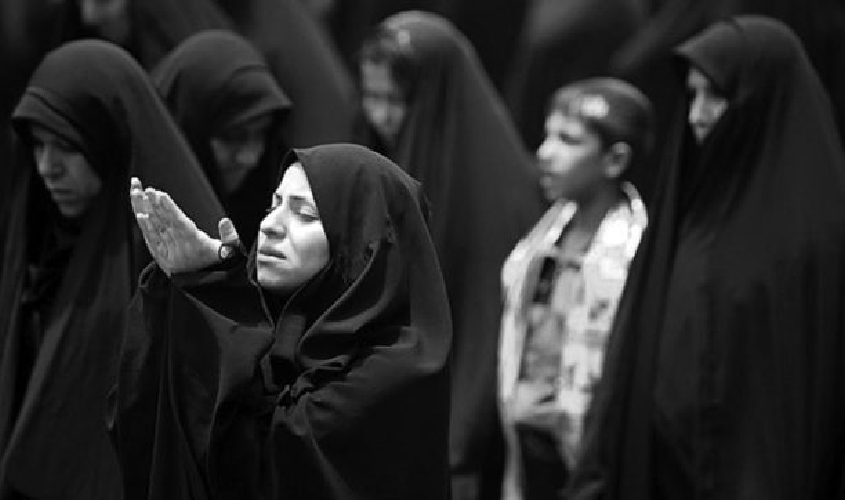98% of Muslims have the same societal impulses as the rest of the population.
Across the world, a perception is being spread that Muslims are different, “they are not like the rest of us”. Several of those holding on to such a view are themselves friends of members of a community that has crossed a billion in number globally. Such friends would prove that 98% of Muslims (as indeed, 98% of Hindus) have the same societal impulses as the rest of the population. India’s Muslims want adequate standards in shelter, food, health and employment. While in states such as Kerala, Muslim women are being educated to a level not seen in many other states in India, these days—across the country—girls from the diverse strands of the Muslim community are demanding the right to get educated to the same level as their brothers. The backwardness of a territory is in inverse proportion to the empowerment of women, and this reality can be witnessed all over India, especially in places where women (no matter the faith they profess) are regarded as “children of a lesser god”. It is no accident that the quality of life in low-income Kerala stands comparison to countries in Europe with far higher per capita incomes, for women in that state are moving close to equality with men in access to employment and education. Returning to the issue of why Muslims are being singled out as exclusivist, the explanation may vest in the fact that society (even including the Muslims themselves), in effect, acts as though the 2% of the community that are exclusivist and medieval are genuinely representative of the wider population. Whether it be in the fashioning of policy or in allocating talktime in television studios, those belonging to the 2% fringe get a hugely disproportionate share of the access and attention given to members of the community.
Rajiv Gandhi was a modern individual, as much at ease in London or New York as in Mumbai or Bangalore. However, in 1986 he brushed aside Arif Mohammad Khan in favour of those who sought to perpetually
This columnist comes from a family which had to flee from their homes to save themselves from Tipu Sultan, so he may be pardoned for not sharing the enthusiasm of Congress president Rahul Gandhi for the former ruler of Mysore. That Rahul talks of Tipu as “secular” is indicative of the misreading of the term that has so skewed policy in India, and which the new Congress president needs to walk away from. He needs to move away from the toxic legacy of appeasement of the minority fringe, a line of action that was carried to such levels by the Manmohan Singh government that it proved disastrous for the Congress Party. While Rahul has been visiting temple after temple, such sojourns will carry more conviction if he also supports the building of a Lord Ram Complex at Ayodhya. Such a complex, especially if complemented by the restoration of the ancient Kashi Viswanath temple in Varanasi and the creation of a Krishna Janambhoomi Complex at Mathura, would ensure that the Hindu fringe would find itself unable to mislead others in the community into regarding Muslims as the hostile “Other”. Kapil Sibal has created a perception that the Congress is against a Lord Ram Complex at Ayodhya. Unless Rahul Gandhi ignores the veto of a scant 2% of the Muslim community about a historic compromise between the two communities that would pave the way for a grand gesture of reconciliation between Hindus and Muslims at Ayodhya, Mathura and Varanasi, his party will continue to undershoot its potential as a national party. In any democracy, 98% is way bigger than 2%, and both the Congress Party as well as the BJP need to understand such simple mathematics rather than continue to indulge their respective fringes in a manner that is demonstratively harmful to the future of India.

